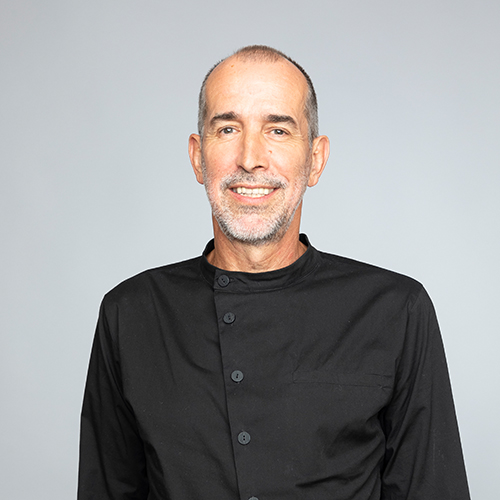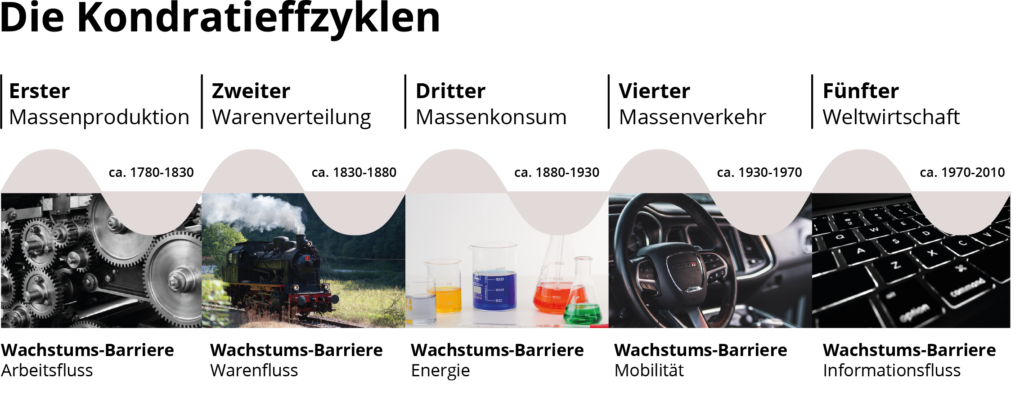
Klaus Candussi
Together with Walburga Fröhlich, Klaus Candussi founded atempo over 20 years ago. Today, as a manager, he dedicates himself to the business field of internationalization and thus drives forward the vision of a world in which all people can live, learn, and work with equal rights.
